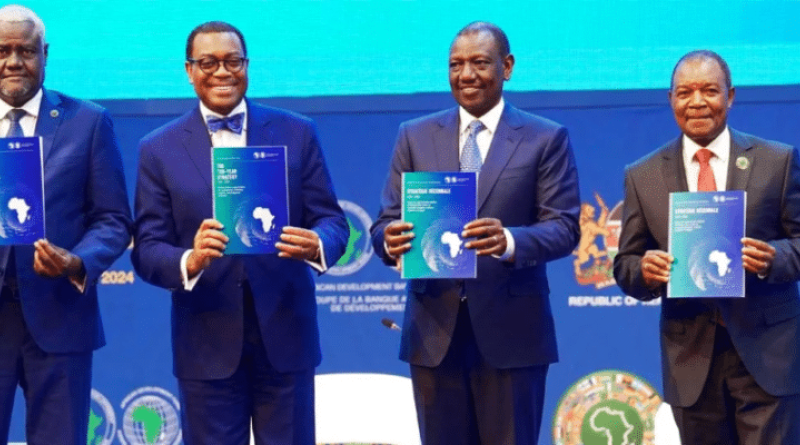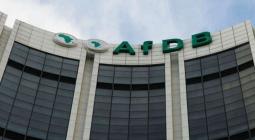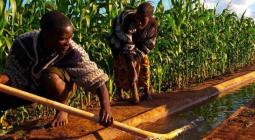The AfDB adds $117B to its capital to meet the challenge of development in Africa

At the close of its recently concluded Annual Meetings in Kenya, the Board of Governors of the African Development Bank (AfDB) approved a general increase in callable capital of $117 billion. The aim is to preserve the pan-African bank's lending capacity.
This was one of the key announcements made at the Annual Meetings of the African Development Bank (AfDB) Group, which ended on 31 May 2024 in Nairobi, Kenya. The Board of Governors approved a general increase in its callable capital of USD 117 billion. This increases the authorised capital of the Ivory Coast-based bank from USD 201 billion to USD 318 billion.
This increase will enable the bank “to preserve its lending capacity and meet the requirements of a credit rating agency”. These are Standard and Poor’s, Moody’s, Fitch and Japan Credit Rating, which have given the AfDB an AAA rating in 2023.
Maintaining the AfDB’s rating
However, “the rating criteria of one of the global credit rating agencies require the AfDB to hold a certain level of AAA callable capital to support its loan growth. Given the recent downgrades of some of the Bank’s major AAA shareholders, the need for an increase in callable capital has become essential,” explains Hassatou Diop N’Sele, AfDB Vice President in charge of Finance.
AfDB President Akinwumi Adesina believes that “the additional callable capital enables us to maintain and leverage our firepower, while preserving our rating”. According to him, this increase is a decisive response to the global economic community’s call for action to the multilateral development banks (MDBs) under the G20 reform and development agenda.
Financing a new Ten-Year Strategy
This announcement follows the launch of the AfDB’s Ten-Year Strategy 2024-2033, presented as a blueprint to address Africa’s pressing challenges and help put the continent firmly back on the path to sustainable economic growth and prosperity.
In concrete terms, this new strategy defines the “decisive and urgent measures that the AfDB will take to help African countries meet unprecedented global and regional challenges”, says the bank. These measures will build on Africa’s multiple strengths and provide the impetus to achieve the African Union’s (AU) Agenda 2063 and the United Nations’ Sustainable Development Goals (SDGs), ultimately promoting sustainable growth.
The AfDB’s priorities
One of the AfDB’s priorities for the next ten years is to accelerate the electrification of Africa. On this issue, the Bank has made a number of commitments in recent months, including the launch of a plan with the World Bank to provide 300 million Africans with access to electricity over the next few years. As part of this programme, the AfDB will mobilise resources to finance the electrification of 50 million people.
The AfDB has also launched the Desert to Power programme with the aim of accelerating the deployment of solar energy in the Sahel, strengthening the transmission network, deploying off-grid solutions, improving the business climate and revitalising national electricity companies. Through this programme, which covers 11 African countries (Burkina Faso, Chad, Ethiopia, Eritrea, Djibouti, Mali, Mauritania, Niger, Nigeria, Senegal and Sudan), the AfDB aims to provide solar energy to 250 million people living in the Sahel.
The AfDB’s new ten-year strategy also aims to improve food security in a context marked by climate change, which is affecting people’s livelihoods across the continent. There is also industrialisation, which should create jobs for young people, integration and an improved quality of life for the people of Africa. These are major challenges that will require more resources.





